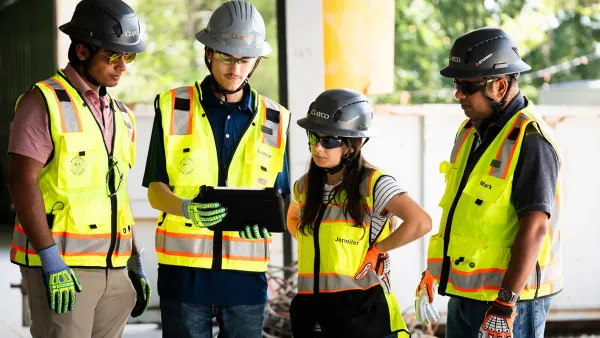Dive Brief:
- Chief people officers (CPOs) said they lack the skills and technology know-how to meet the demands of the 21st century workplace, according to a new study by HR People + Strategy, the Society of Human Resource Management's (SHRM) Executive Network of HR leaders, and Willis Towers Watson (WTW). The 520 executives who were surveyed cited the absence of C-suite support as the cause of their unreadiness, said the study, which was shared with HR Dive.
- The study, which examined the development of the next generation of HR leaders, found that nearly all the respondents (99%) believe CPOs have the courage and agility to undergo change, but only about a third are ready to do so. And while 94% of respondents said they think exploring the development of future CPOs is important, just 35% said future CPOs were being prepared for their future roles.
- "As the pace of innovation and technology in the workplace accelerates, CPOs will need to reinvent themselves," Suzanne McAndrew, global head of talent, Willis Towers Watson and the study's co-author, said in a media release. "With disruption on the horizon, organizations will require strong, visionary people leaders who can think through the people and talent strategy, and work with management on the business strategy. Unfortunately, as our research shows, most CPOs are not prepared."
Dive Insight:
The role of the HR leader as mostly recruiter, trainer and workplace "police" is changing on multiple fronts, as studies are reporting. HR's evolving role may even be linked to the workplace's growing informality — a trend driven largely by a younger workforce. This pressure to relax workplace protocol has caused a shift in HR's handling of issues ranging from dress codes to how work is structured and performed. That means CPOs need to be ready for a quickly changing environment.
CPOs also need to be ready to confront the demands of employer branding; Page, a global organization for communication executives, said that chief human resource officers, along with company chiefs and finance executives, have a growing influence on organizational branding and therefore are being tapped to work with corporate communicators more often. Again, workers are the original drivers of much of the change, which, in this instance, stems from employees' stands on societal issues, like climate change or homelessness, and the influence they wield in getting their company's brand to reflect their views.
By admitting their unreadiness for the workplace of the future, respondents in the SHRM study recognized that the skills shortages plaguing their recruiting efforts also applies to their own field. HR's need for training and upskilling to meet future workplace needs may trouble C-suite executives, who in a recent report from The Conference Board cited their biggest concerns in 2020 as the talent shortage and speculation of a possible recession.









